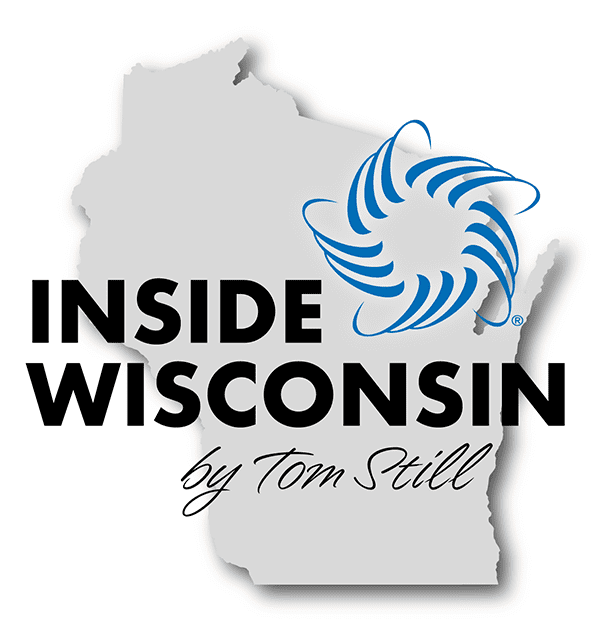By Tom Still
 MADISON, Wis. – It wasn’t so long ago that people who wanted an electric vehicle of some sort had to wait for factories to catch up with the backlog. Today, potential buyers are much more likely to find EV cars and pickup trucks sitting on dealers’ lots, waiting for a buyer.
MADISON, Wis. – It wasn’t so long ago that people who wanted an electric vehicle of some sort had to wait for factories to catch up with the backlog. Today, potential buyers are much more likely to find EV cars and pickup trucks sitting on dealers’ lots, waiting for a buyer.
While EV sales are still growing faster than any other major automobile category in the United States, demand is slackening to the point that General Motors, Ford Motor and Tesla are rethinking how quickly they retool factories to produce them.
Producers are grappling with supply chain issues and competition within their own ranks, while consumers are flinching at price, eyeing tumbling gasoline prices and pushing back at the perception they are being forced to buy EVs by federal and state policies. As one EV industry expert told me: “People don’t like being told what to do.”
The biggest consumer worry is “range anxiety,” the fear of not being able to find charging stations when they need them – and that work as advertised – while on road trips. A bill that will be introduced soon in the Wisconsin Legislature could help to change that.
State law restricts who can install charging stations. At present, only public utilities can bill people for how much electricity they draw when they plug in. The bill awaiting formal introduction would allow private businesses to sell electricity by the kilowatt hour without having to be considered a “public utility.”
The bill’s sponsors, Sen. Howard Marklein, R-Spring Green, and Rep. Nancy VanderMeer, R-Tomah, have a secondary goal: Making sure Wisconsin is eligible for $78.6 million in federal funding through the National Electric Vehicle Infrastructure program. Because federal rules require participating states to allow the kilowatt-hour billing approach, Wisconsin could forfeit its share of the money if state law isn’t clarified by March.
Even if federal dollars help with Wisconsin’s rollout of public stations, there is plenty of room for private capital. A change in the law could help boost such investment, especially in locations such as convenience stores that are natural places to stop and juice up your EV for an hour or so. Charging by “parking time” at existing commercial stations is how some vendors get around current law.
Because not all charging stations are created equal, people may want to pay more for faster charging. More investment might also increase the reliability of charging stations, which some EV drivers find out of order when they need them most.
Similar legislation failed to pass in previous sessions. Some utilities had concerns about what they viewed as a fundamental change in the public-benefit compact that incented them to invest in energy generation for all. There were concerns in the past about how municipal charging stations are owed or leased. Also, the rise of renewable energy sources that may be “off the grid” is part of the picture.
It remains to be seen if the wrinkles are ironed out in time, but it’s clear Wisconsin lags in per capita EV registrations and charging stations – generally falling in the lowest quartile of the 50 states. That is despite the fact Wisconsin ranks in the top half in total land area. There can make for some long, lonely drives in Wisconsin for EV owners.
It may explain why some new car owners are hedging their bets and buying hybrid vehicles, which combine electric propulsion with internal combustion engines. Nationally, sales growth for hybrids has been higher than EV and conventional ICE.
Wisconsin has the potential to emerge as a center for production of EVs and related equipment, in large part because of existing manufacturing expertise and companies that know how to build batteries and charging systems of all sizes. It would be a shame its drivers felt “range limited” in their own state.
Still is president of the Wisconsin Technology Council. He can be reached at tstill@wisconsintechnologycouncil.com.



